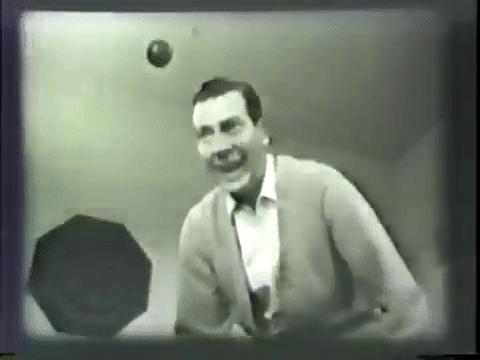Historicizing High-Tech Toys: Motives and Methods
Aarhus University, Aarhus Denmark. September 2019.
Today, the market is saturated with toys that blend physical and digital play. Connected toys are made by established industry giants and new independent companies alike, and variously promise radically unprecedented ways to play and new ways to enjoy traditional play. Whether celebrating novelty or appealing to heritage, these claims all gesture to longer histories of toys and play as they imagine either breaks from or continuity with the toys that came before. Although contemporary playthings are powered by and leverage emerging technologies, they are not introduced in isolation, but are positioned within centuries-old industrial and consumer contexts. Unearthing the histories that are implicitly and explicitly evoked by today’s tech toys enables us to assess their capabilities, risks, and opportunities with more nuance.
This talk has two primary aims. The first is to make the case for considering the Internet of Toys within a longer historical perspective. Drawing on work in several fields, including material culture studies, media archaeology, and childhood studies, the talk will explore the distinct ways that historical inquiry can complement and enrich ongoing empirical research involving children’s technologized play in the twenty-first century. It argues for the utility of “the excavation of manifold pasts…[for] generating an archaeology of possible futures.” (Elsaesser 2016, 25) Secondly, the talk will offer several methodological pathways for the study of historical toys and media apparatus, which combine visual and material culture analysis and turn to expanded archives that include sources such as patent records, advertising materials, and the toy objects themselves. This methodological toolkit will also point to ways to archive and preserve contemporary toy culture—a matter of importance, given the often ephemeral nature of many toys that house rapidly-obsolescing technologies or are considered market “failures.”

